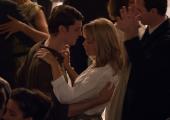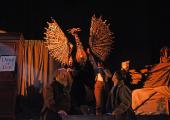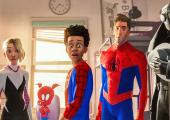An Impossible Love review - toxic romance across the years

French drama charts the intolerable relationship of author's parents
This is a love that begins sweetly, turns terrible, and is told with unflinching directness. Directed by Catherine Corsini, An Impossible Love is based on a novel by Christine Angot (known in France, and increasingly elsewhere, for her powerful autobiographical fiction), which is in turn based on Angot’s own troubling early life and family experiences.









